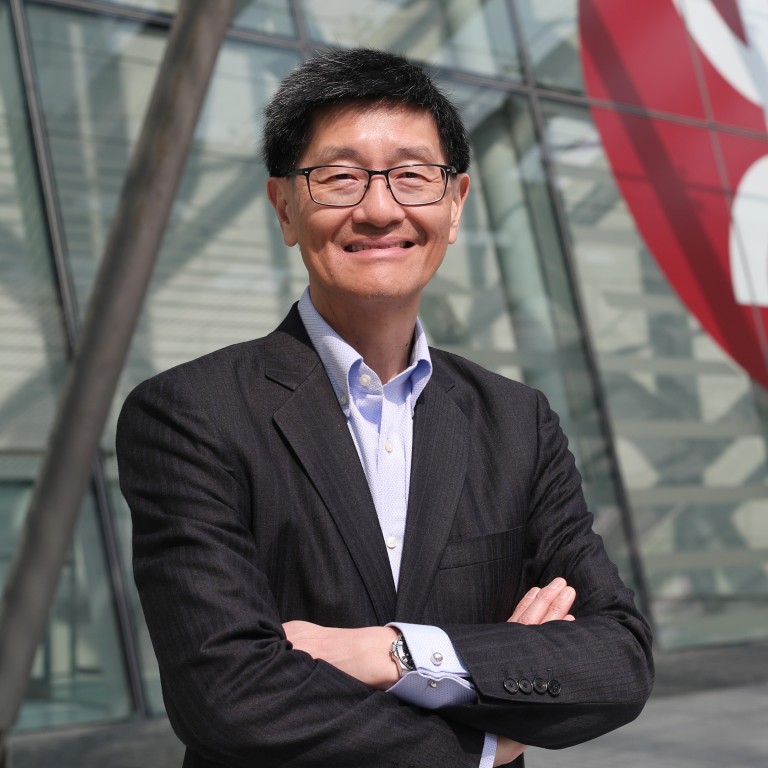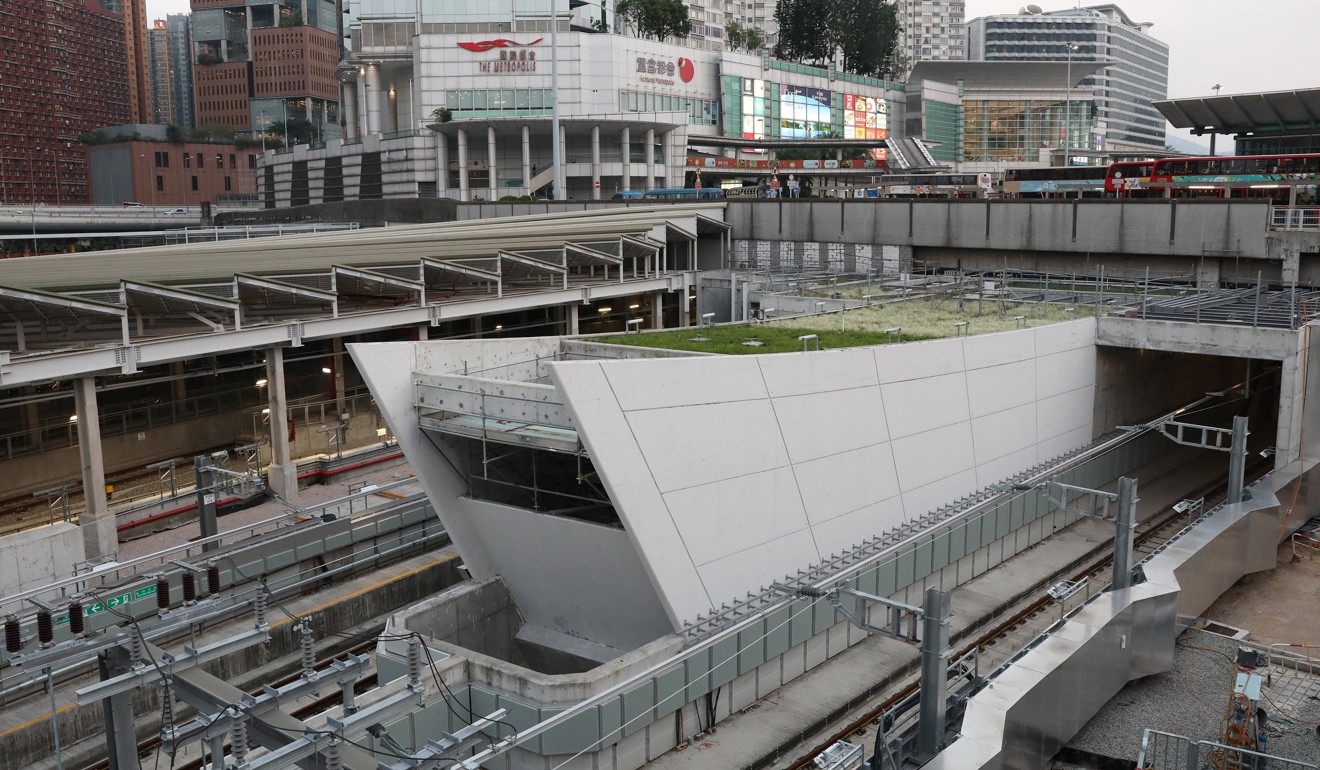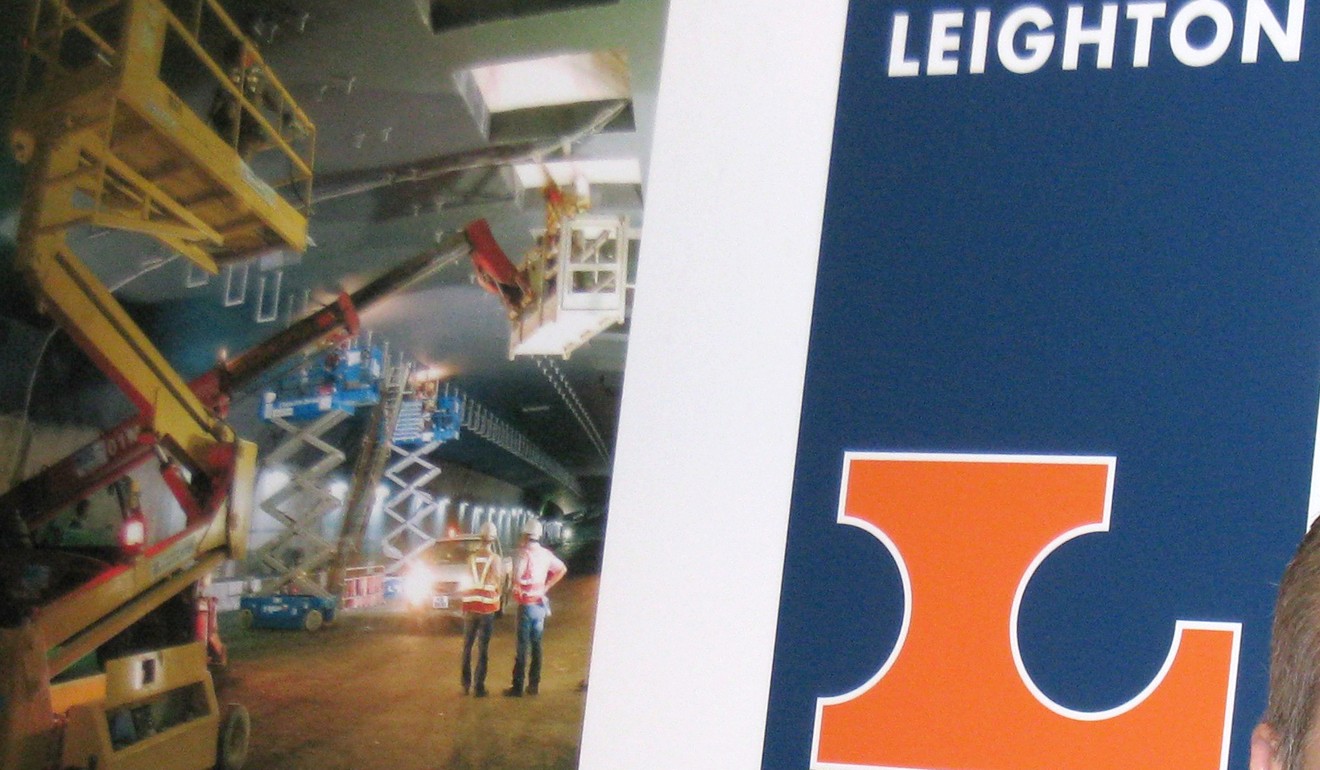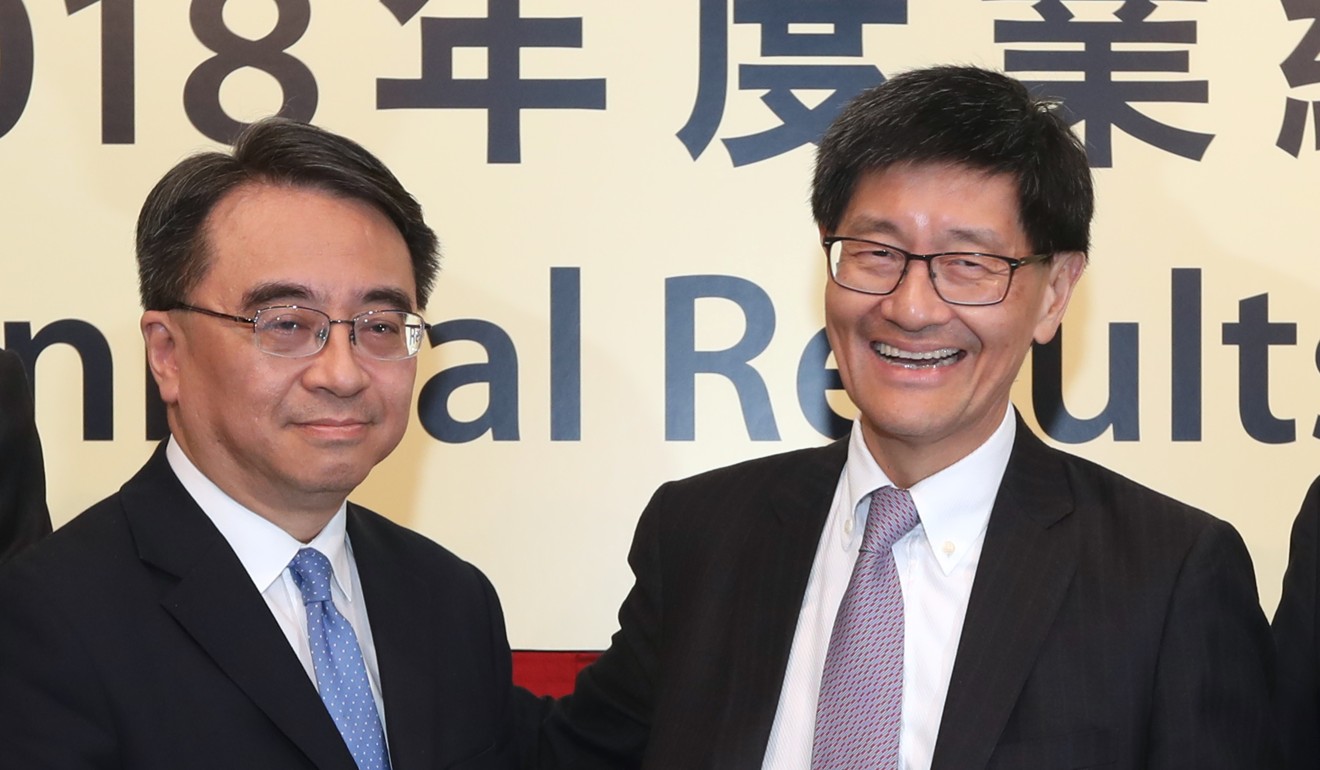
Hong Kong MTR CEO Lincoln Leong retires early, says troubled rail giant has learned lesson ... and he’ll take trains regularly
- Scandal on Sha Tin-Central link caused heads to roll among top brass, and rail veteran says missing safety papers still weigh heavily on his mind
- He states that although he is sad to step down early, it is the ‘right thing’ and he holds himself accountable
The unfolding scandal over Hong Kong’s costliest rail project may have forced the early retirement of CEO Lincoln Leong Kwok-kuen, but he remains adamant the troubled MTR Corporation has learned its lesson and will improve.
On Sunday, as Leong officially stepped down 18 months earlier than planned, the rail veteran said one issue still weighed heavily on his mind – the more than 60 per cent of safety documents pertaining to three locations at Hung Hom station mysteriously missing.
Hung Hom is one of the stops along the HK$97.1 billion (US$12.3 billion) Sha Tin-Central link.
Leong also expressed disappointment with what was perceived as the failure of Leighton Contractors (Asia) to adhere to contract terms.

“We have repeatedly from day one asked that Leighton, and even its Australian headquarters, to explain to the public what really happened and answer questions, but it refused,” he said, sighing.
The glaring absence of key documents exposed in January marked the latest woe for the project, with a top-level investigation concluding that sub-contractor Fang Sheung Construction had cut corners by shortening steel bars at Hung Hom and Leighton had revised designs for diaphragm walls without approval.
We have repeatedly from day one asked that Leighton, and even its Australian headquarters, to explain to the public what really happened and answer questions, but it refused
The interim report by the commission of inquiry, however, assured that the platforms were structurally safe.
“We have to learn our lessons and we have to do better,” Leong said in an interview before calling it a day on his 17-year stint with the semi-privatised MTR Corp. “There are aspects we the management need to look into, to make it easier and better for staff to adhere to procedures.”
The commission, headed by former judge Michael Hartmann, called for a full review on an internal reporting system of substandard work, while criticising blurred lines of accountability among the company’s three general managers of the project.

Hartmann had described the MTR Corp’s use of technology in quality checks as having “fallen behind the curve”.
MTR to revamp top management over Sha Tin-Central rail link scandals
A final report from the commission is due in August and will reveal findings on the expanded scope of investigation into the missing paperwork over three locations in Hung Hom station – two approach tunnels and connecting side tracks.
Last week, a similar problem was found at To Kwa Wan, another stop along the line.
The required documents, known as RISC (Request for Inspection and Survey Checks) forms, are used to certify completion of each work phase.
Disgraced former MTR projects director offers to resign as head of engineer group
The MTR Corp and Leighton will have to come clean on how the contractor managed to proceed without papers countersigned by rail supervisory staff.
The scandal reached its height last August when Hong Kong Chief Executive Carrie Lam Cheng Yuet-ngor demanded that heads roll over the corner-cutting allegations.

The ensuing MTR management shake-up led to four immediate resignations and the announcement of Leong’s early departure – a move he said showed his accountability. Managing director Jacob Kam Chak-pui was promoted to carry the torch.
“I am proud of my colleagues and am honoured and privileged to be part of the MTR family,” Leong, 59, said repeatedly last week. “It is sad that I am seeking early retirement. But this is the right thing for the company.”
A former investment banker, Leong started with the rail giant as finance director in 2002, then moved up the ranks to deputy CEO in 2012, acting CEO in 2014 and CEO in 2015.
Frederick Ma turns down Lam’s offer of three-year contract extension, sources say
“We have 18,000 colleagues as a team in Hong Kong to overcome challenges,” Leong said.
He added that his retirement plans included rest and family time, as well as kung fu classes on weekends.
“We want to minimise the probability of any service breakdown ... Passengers have high expectations of us,” Leong said.
“I will remain in Hong Kong, take the MTR and expect the trains to have 99.9 per cent punctuality.”

